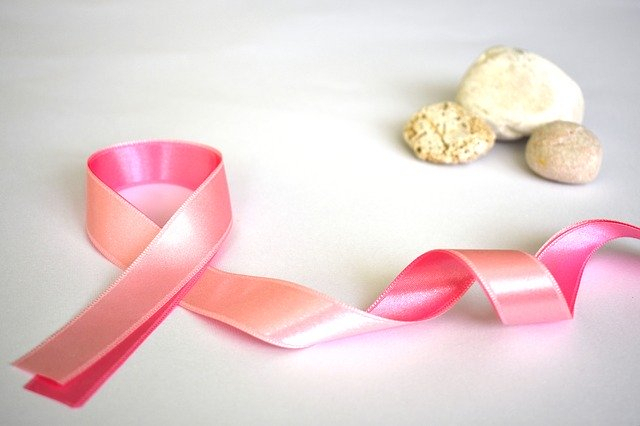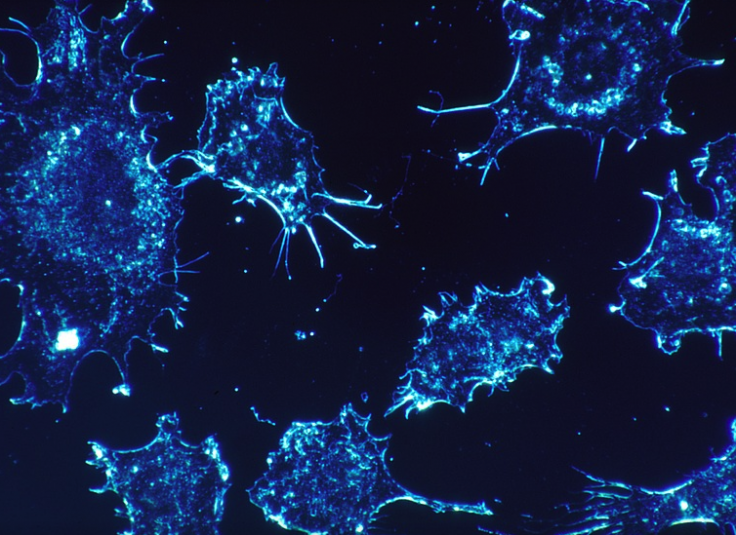Chemotherapy has served as the most preferred option of treating cancers that are inoperable, especially those that are metastatic or localized. However, a study led by researchers from Hokkaido University shows that chemotherapy can trigger anomalies in blood vessels and lead to drug-resistance in cancer cells, thereby, leading to increased mortality among cancer patients.
According to the study, chemotherapy can lead to inflammatory changes by increasing the expression of certain proteins in the blood vessels lining tumor cells. Using mice experiments, the scientists also showed that the administration of an anti-cancer drug in combination with a protein inhibitor increased the effectiveness of chemotherapy.
"Our study provides evidence, for the first time in humans, that inflammatory changes in tumors can cause drug resistance in cancer blood vessels," Kyoko Hida said, lead author of the study.
Drug-Resistance In Tumors

Metastasis is dictated by tumor blood vessels. This is because they carry oxygen and nutrients to tumors and act as pathways for the spread of cancer. Tumor endothelial cells or Tumor-associated endothelial cells (TECs) form the lining of tumor blood vessels.
The generally held belief was that drug-resistance was not acquired by TECs. However, the research team's previous studies involving mice found that TECs could develop several abnormalities. This suggested that both cancer cells and blood vessels can play a crucial role in the acquiring of drug-resistance by tumors.
During these experiments, the team evidenced that TECs in blood vessels resisted chemotherapy medication such as paclitaxel, that are used for second-line or supporting treatment of urothelial cancer. This is due to the expression of a multidrug resistance protein known as ABCB1, which forces the drug out of blood vessels. However, not much is known about the acquiring of drug-resistance by human blood vessels. That is what the current study aimed at uncovering.
Increased Expression of Drug-resistant Protein

For the study, the researchers examined samples of tumors from 66 urothelial cancer patients before and after they received standard chemotherapy. Their analysis revealed that in 64 percent (42 cases) of the patients who underwent chemotherapy, there was an elevated expression of ABCB1 in the TEC in blood vessels.
In addition to this, they also found that when compared to patients whose ABCB1 expression remained constant after treatment, prognoses for these patients was dire. "In clinical cases, ABCB1 expression in TEC correlated with IL8 expression in tumor cells after first-line chemotherapy, leading to poor prognosis," wrote the authors.
Developing a Novel Treatment Strategy
To further comprehend the manner in which ABCB1 expression is affected by chemotherapy, the team studied TEC in bladder cancer cells and blood vessels next. Increased secretion of Interleukin-8 (IL-8), a chemokine produced by immune cells, was observed by the authors. This induced inflammatory changes that led to an aggravated expression of ABCB1.
In order to test a novel treatment to counter such drug-resistant behavior and improve the potency of chemotherapy, the scientists conducted an experiment using mice. They treated mice with urothelial cancer with an ABCB1 inhibitor along with paclitaxel. However, the formation of new blood vessels was suppressed; causing metastasis that was confined to the lungs.
"These findings could help devise new treatment strategies, such as the development of inhibitors targeting ABCB1 and IL-8, to suppress drug resistance and improve prognosis," Hida concluded.








